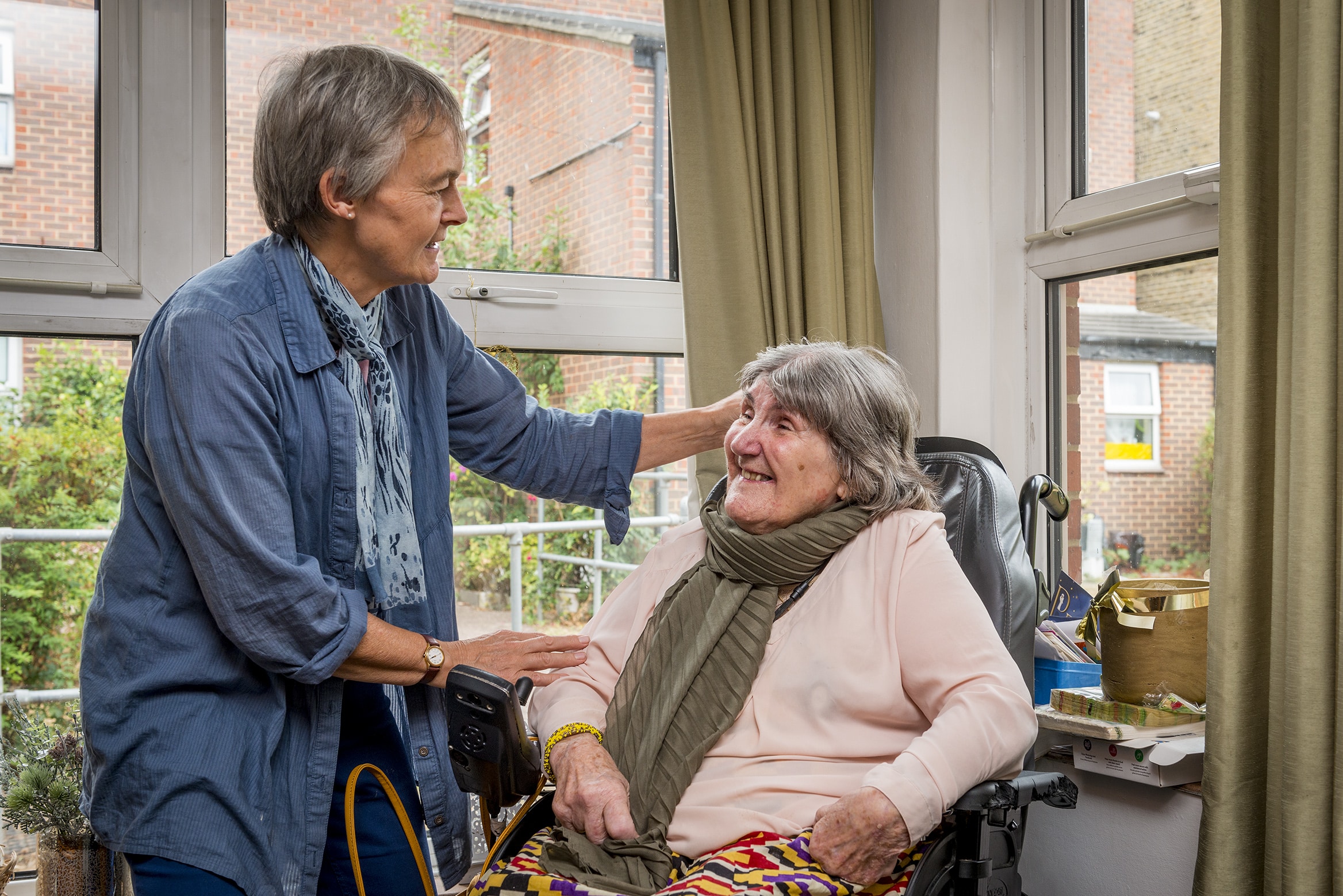Medication Assistance in Hounslow
Medication Assistance in Hounslow

Medication Assistance in Houslow for Your Peace of Mind
If you or your loved one is taking medication – particularly a few different sorts – it can be challenging to manage. Caremark is here to take the stress out this task by providing medication assistance in Hounslow and organising prescriptions.
Our care assistants are only too happy to manage your or your family member’s medication and liaise with doctors and pharmacists to order more, or we can assist in prompting you to take your medication and simply be there for vital extra support.
Organisinge your prescriptions
With our Medication assistance service in Hounslow, we can organise prescriptions for you or your loved one.
Dealing with medications shouldn’t be difficult!
Many people of all ages find it difficult to manage medication. We can offer you or your family member assistance to ensure you are taking the right medicine at the right time. We can prompt, remind, or give full support by administering medication.
Every member of our team has received full training in medication through our award-winning training course.. All our carers are qualified and approved to prompt, assist or administer medication.
How We Help You with Medication Assistance in Hounslow
We can assist you or your family member by arranging to have the prescribed medication put into a Monitored Dosage System by the pharmacist. Although this involves remembering to take the medication at the right time, it takes away the worry of organising or re-ordering medication, which takes a lot of the stress away. With this system, once the medication has been taken it will be clearly marked to avoid confusion.
We can also discuss your or your family member’s health needs with you in general. And if an appointment with a healthcare professional is required, we can help make the appointment. We can also accompany you or your loved one to the appointment. To find out more, simply contact us and ask how our medication assistance in Hounslow works.

Need Medication Assistance in Hounslow & Chiswick? Reach Out to Us
We can organise prescriptions and ensure that prescriptions go in to the doctor’s surgery on time. We can also collect items from the chemist when they are ready and then bring them to you or your loved one, or arrange for regular deliveries straight from the pharmacy, if this service is preferable. Reach out to us today to get started with our medication assistance service in Hounslow.
Why choose Caremark?
You’ll be in safe hands – our services care for over 14,000 customers.
Personalised care
We provide care that is an individual as you are. You are unique, so your care plan must be too!
Excellent standards
Our quality of care is exemplary. You are extremely important to us, and we care for you like you were our own family.
Cheery visits
We employ our staff based on their personalities – caring, compassionate, cheery and fun!
Allocated Care Assistant
We spend time matching our Care Assistants with our customers and maintaining that pairing.
Family contact
We are open and transparent with family members and share details of each visit when requested.
Confidentiality
Customer confidentiality is extremely important to us. We are fully compliant with GDPR and data protection.